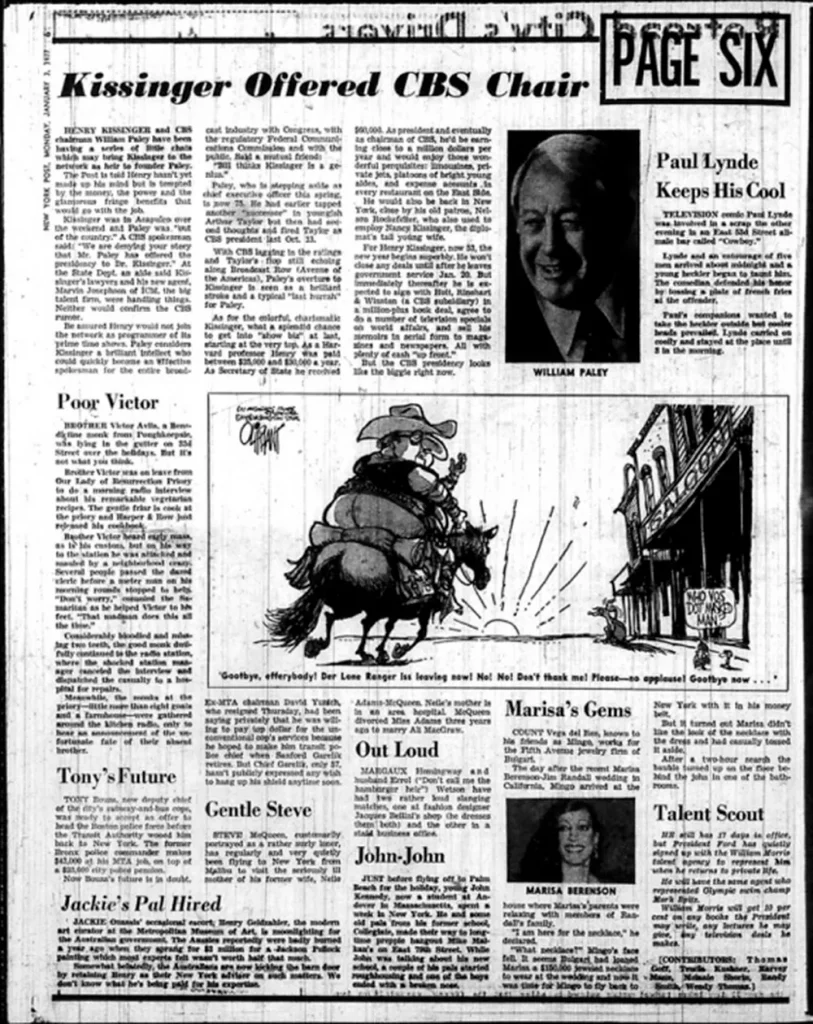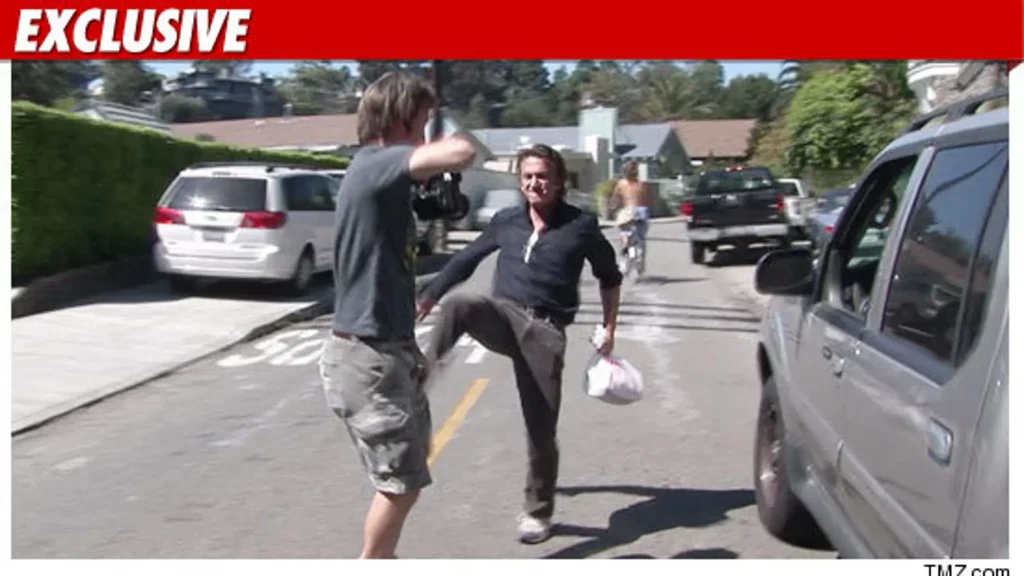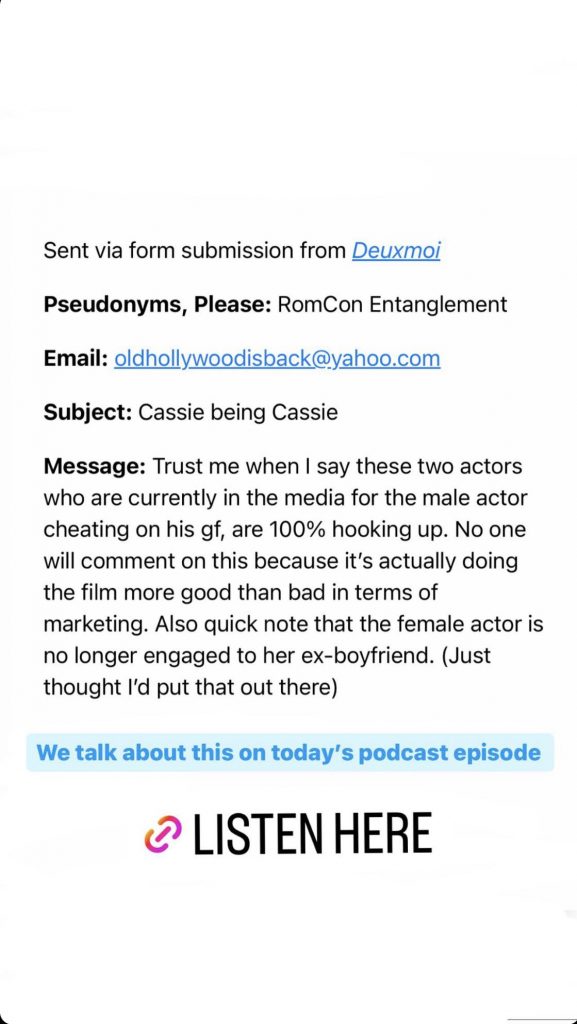Gossip has been part of society since ancient times, serving as a way to bond communities and pass on information. It helped early humans navigate complex social structures and maintain alliances. Nearly everyone, regardless of age or gender, has engaged in some form of gossip. It’s a way to connect, share, and control narratives. However, the way we gossip has shifted dramatically over time, especially with the rise of digital technology.
Gossiping used to be an analog activity. Information was spread through word of mouth, in person, or through handwritten letters. It was slow and limited by physical proximity. For gossip to travel, direct social interactions were required—whether through whispered conversations between neighbors or rumors spreading in small communities. As society became more interconnected, gossip found new ways to expand. Newspapers, books, and pamphlets started playing a role in spreading rumors and personal stories, often sensationalizing the private lives of public figures.
The 20th century saw the rise of gossip columns in newspapers, marking a shift in the nature of gossip. These columns, often penned under pseudonyms, became formalized spaces for rumors about celebrities and public figures. Columnists like Walter Winchell and the writers behind “Page Six” in the United States wielded significant influence. A single rumor from them could make or break a celebrity’s career. However, even this form of gossip was mediated. It was filtered through print, which meant it reached a selective audience and was curated by editors and publishers. This was a far cry from the immediacy and accessibility of today’s digital gossip.

The rise of the internet changed everything. The shift from analog to digital gossip wasn’t just about speed or medium; it fundamentally altered gossip itself. The internet’s global reach and instant accessibility allowed rumors to spread faster and farther than ever before. Websites dedicated to gossip, like Perez Hilton’s blog or platforms like TMZ, made it possible for anyone with an internet connection to access the latest scandals with just a few clicks. The advent of social media took this a step further by democratizing gossip. Platforms like Instagram, Twitter, and TikTok transformed gossip from something controlled by a few columnists to a participatory act that millions of people engage in every day.

Social media accounts like Deuxmoi, thriving on anonymous, user-submitted tips, illustrate this shift. In the digital age, gossip is fragmented, decentralized, and often anonymous, giving it a viral quality, overthrowing the once centralized gossip column. Once a rumor is posted online, it’s impossible to predict how far it will spread or how much damage it might cause. This viral, uncontrollable nature of digital gossip marks a significant change from its analog roots.

The most profound change brought by digital gossip is its permanence. In the past, rumors would eventually die down, leaving little to no trace of their existence. Analog gossip had a fleeting quality; whispered conversations were forgotten, and old newspapers were discarded. Today, however, the internet saves everything. Rumors, whether true or false, live on in digital archives, social media posts, and search engine results. Once a rumor is out there, it’s nearly impossible to retract or erase, creating lasting damage to reputations. For public figures, this means living under constant scrutiny, knowing that every move could potentially be dissected by millions in real-time.
The consequences of this shift from analog to digital gossip are profound. The speed and scale of modern gossip mean that false information can spread rapidly, with little accountability for those spreading it. In the past, newspapers or gossip columnists could face lawsuits for publishing false stories. However, the decentralized nature of digital gossip makes it difficult to hold anyone accountable. Anonymity also allows people to spread rumors without fear of retribution, further eroding the boundaries between truth and fiction.
Moreover, digital gossip has led to a heightened sense of surveillance in everyday life. In the past, public figures were the primary targets of gossip, but today, anyone can become the subject of online rumors. Viral videos, social media posts, and digital footprints can suddenly thrust ordinary people into the center of a gossip storm. The lines between public and private life have blurred, making it harder for anyone to escape scrutiny.
The shift from analog to digital gossip has transformed how rumors are spread and the nature of gossip itself. The digital age has made gossip faster, more pervasive, and far more difficult to control, with significant consequences for public figures and ordinary citizens alike. As the lines between public and private continue to blur, the impact of digital gossip on our lives will only deepen.
Sources
“Deux Moi Confirms Multiple Sources Told Them the Two Actors Are Hooking Up….” R/Fauxmoi, n.d. https://www.reddit.com/r/Fauxmoi/comments/130u9c7/deux_moi_confirms_multiple_sources_told_them_the/.
DiGiacomo, Susan Mulcahy, Frank. “How Page Six Became the Most Feared Gossip Column in the World.” The Hollywood Reporter (blog), October 4, 2024. https://www.hollywoodreporter.com/business/business-news/page-six-feared-gossip-column-paper-of-wreckage-1236024546/.
TMZ. “Sean Penn Paparazzi Attack — The Haiti Factor,” April 14, 2011. https://www.tmz.com/2011/04/13/sean-penn-paparazzi-settlement-terms-haiti-charities-attack-legal-court/.



What an interesting article! It clearly shows how the shift from analog to digital gossip has transformed the way we communicate. Platforms like Deuxmoi and social media have made gossip more accessible and interactive. I have to admit, I sometimes enjoy following these stories and getting a glimpse into other people’s lives, even though I know it’s often not entirely accurate. In the Netherlands, this is evident with popular gossip channels like Yvonne Coldeweijer’s. While it can be entertaining, I think these channels sometimes go too far, especially when it comes to unfounded accusations or deeply personal matters. It’s concerning how permanent and damaging digital gossip can be, not only for public figures but also for ordinary people. Definitely something to think about!
Interesting article! It reminds me of Sapiens: A Brief History of Humankind by Yuval Noah Harari, where he explains how gossip played a crucial role in human evolution. By enabling us to connect and cooperate within groups, gossip helped humans outperform other mammals and secure their position as the “top species” of the world.
I wonder if online gossip serves a similar purpose. It seems to me that it has lost many of its positive qualities. Gossiping about people you don’t know feels less likely to strengthen trust or cohesion within a group. Instead, it often spreads misinformation or fuels division. I’d be curious to hear your thoughts on whether online gossip might still have some hidden benefits or if it’s primarily a distortion of its original, evolutionary function?
Great blog! It is really scary how every little gossip is now leaving a permanent mark online. The speed at which gossips are spread is insane. When I open Instagram I’m immediately confronted with the affairs or the allegedly pregnancies of celebrities. I feel a lot of compassion for these people because it must be really hard to feel judged by the whole internet.
Nowadays, it is very easy to scrutinize and comment on other people’s business online, especially when they are shielding behind their anonymous profiles. Your blog also got me thinking about the shift in relationships and communication; parasocial relationships with celebrities have now somewhat become a norm, which can create an unhealthy obsession over someone you don’t even know personally! However, I also feel like they could bring people together as well as spark discussions that we wouldn’t have thought of by ourselves. I am curious about how gossiping culture and online presence will progress in the future, I certainly hope that it will shift to a more mindful manner.
This reminds me of the “doorstuurberichten” (forwarded messages) in the Netherlands, which, while on a smaller scale, but still manage to reach so many people. It’s true that these rumors might fade out as the next bit of gossip comes along, but they never truly disappear because of the permanence of the digital age. What stood out for me is how it is not just public figures who are affected by this. Anyone can become the subject of gossip, often without knowing who started it or where it came from. The lack of context around these forwarded messages makes it even harder to figure out the truth, and that only adds to the harm digital gossip can cause.
When reading this, I had the exact same connotation as the commenter Martijn referenced. It is a widely shared understanding that stories and ideas have been a fundamental underpinning of the evolution of the human race, and this includes the concept of gossiping. The pervasive nature of this practice in the digital age again underlines that. Although the damaging effects are of course undeniable and should be avoided as much as possible, there is apparently an inherent ‘need’. Could it hence be a line of thinking to not try to avoid digital gossiping as much as possible, but to mostly try to direct it in a less toxic direction. I know this is much easier said than done, but I do think this is worthwhile to explore.
I love how it highlights the shift from fleeting, whispered rumors to the permanence of digital gossip. It’s wild to think that something said in passing could now live forever on the internet. The part about anonymity making gossip more viral and uncontrollable really stood out—especially how it blurs the line between public and private life. These days, it feels like no one is safe from becoming the center of a rumor, even if they’re not a public figure. It makes me wonder if we’ll ever figure out a way to balance the speed of information with accountability.
Very interesting blog showing how gossip has evolved over the years! You are right, everything that is posted on the internet is permanent, especially for celebs. It really reminds me of the podcast we did on cancel culture. The fact that no one can live down their mistaken or rumours is very icky to me. There is no chance to grow.
It is especially interesting that everything can be anonymous now so just like the keyboard warriors that post hate comments, people that make up the rumours have no consequences.